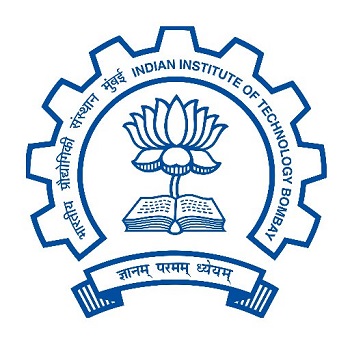Why generator is rated in Kva and motor in Kw?
Generators and motors are both devices that involve the conversion of energy, but they operate in slightly different ways, leading to the convention of using different units for their ratings.
Generators are devices that convert mechanical energy into electrical energy. The power rating of a generator is typically given in kilovolt-amperes (kVA). The reason for using kVA for generators is related to the concept of apparent power, which is the combination of real power (measured in kilowatts, kW) and reactive power (measured in kilovolt-amperes reactive, kVAR). Apparent power is the vector sum of real and reactive power, and it reflects the total power that the generator can deliver.
On the other hand, motors convert electrical energy into mechanical energy. The power rating of a motor is given in kilowatts (kW), which represents the real power output. Real power is the actual power used to perform work, such as turning a shaft or driving a load.
In summary, generators are rated in kVA because they need to account for both real and reactive power, while motors are rated in kW because they primarily deliver real power for mechanical work. This distinction is crucial in power systems engineering, where understanding both real and reactive power is essential for maintaining a stable and efficient electrical grid.

 CBSC Exam Test
CBSC Exam Test  CBSE Bank
CBSE Bank CBSE EXAM
CBSE EXAM GATE Exam
GATE Exam .png) HPPSC Exam
HPPSC Exam  MP JE EXAM
MP JE EXAM  RRB JE Exam
RRB JE Exam  School Exams
School Exams  (1110 × 300px) (1).png) Class 9 CBSE Board
Class 9 CBSE Board SSC JE EXAMS
SSC JE EXAMS .webp) UPPCL
UPPCL 




Pushpendra
Thanks Sir
Very Nice
Rahul
Nice
Sir bhut frustation ho rha h.. 2 sal se preparation kr rha hu... Bar bar 2-3 no se rah ja rha h
Diksha kumari
Ee
Nice
ROSHANI SONI
Very good
Very good and knowledgeable story